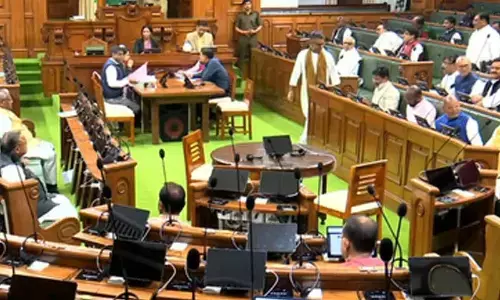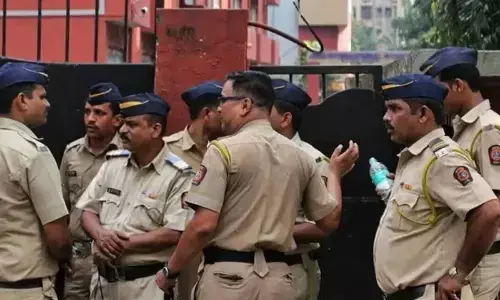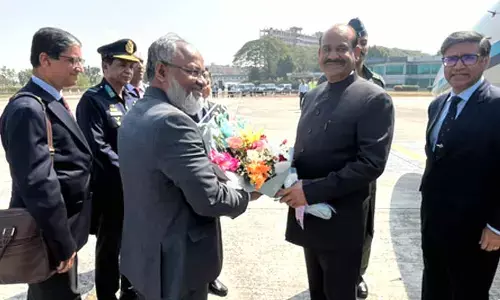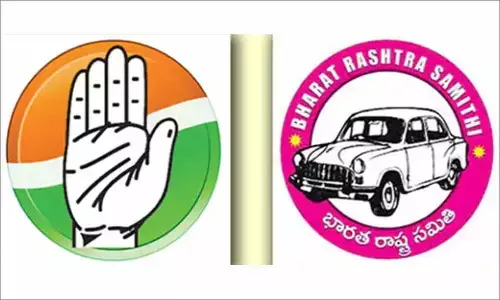Over 1000% increase in registered child care institutions in India since 2015
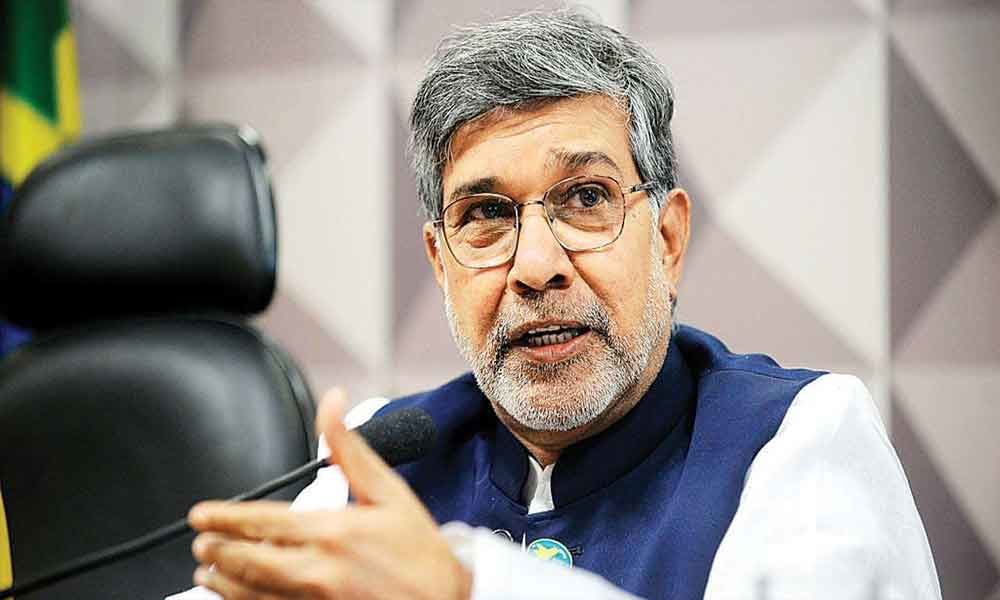
Despite an increase in the number of Child Care Institutions (CCIs) in the country, it is found that they do not provide the type of nurturing and stimulating environment needed for normal growth and the healthy psychological development to children, a report said.
New Delhi: Despite an increase in the number of Child Care Institutions (CCIs) in the country, it is found that they do not provide the type of nurturing and stimulating environment needed for normal growth and the healthy psychological development to children, a report said.
According to the report titled, 'Mapping and Review Exercise of Child Care Institutions', "only 46.7 per cent of CCIs had adequate number of caregivers per child".
Registrations of child care homes have shown an increase from about 800 in 2015 to over 9,000 in 2019. However, the number of CCIs and their condition still needs improvement with corporate support.
The Bachpan Bachao Andolan and the Kailash Satyarthi Children's Foundation have been leading the cause of child rights and enhancing the institutional and social support needed to raise children who are rescued from trafficking.
Nobel Laureate Satyarthi said: "With the help of like minded people, we have enhanced capacities of over 6,835 child protection agency personnel. On the other hand, since 2017, our work has led to the direct identification of over 5,000 traffickers and arrest of 946 traffickers."
What completes the circle is that the penalty on those who employ child labour, has also stiffened, jail term is doubled to two years and fines have been increased to Rs 50,000 from Rs 20,000.
The Narendra Modi government has been extremely proactive on the child rights agenda. It has provided ideological and legislative backing to Satyarthi in his country of origin, which in turn has propelled his global dialogues with with fellow Nobel Prize recipients such as former US President Barack Obama and others through his 'Laureates and Leaders' initiative.
India has also rapidly improvised on the Child Labour Act of 1986. The new legislation of 2016 bans child labour under 14 years of age, to all sectors by occupation.
Eyebrows were raised when it allowed children to work in family businesses, outside of school hours and during holidays, and in entertainment and sports if it does not affect their education. But this was immediately handled, when the Labour and Employment Ministry on June 2 notified the Child Labour (Prohibition and Regulation) Rules, 2017, and ruled that children can help in family enterprises only for three hours after school.
The government also ratified the International Labour Organisation's (ILO) Convention 182 in 2017. Post this, Satyarthi has taken forward projects such as introduction of facial recognition software leading to matching of 11,093 missing children within one year in India, drafting and passage of the comprehensive anti-trafficking law by the Lok Sabha, amendment in Indian Penal Code to award stricter punishment to child rapists, and establishment of a sex offenders registry.
June 17 is a landmark day in the history of human rights as it marks 20 years since Convention 182 was introduced by the ILO and unanimously adopted in 1999 in Geneva.
In those days, child labour was justified due to economic and social reasons. But since then, the awareness of the rescue and rehabilitation of children from trafficking and labour, has increased dramatically. The idea of 'free childhoods' was pioneered by Satyarthi.
However, his work on victim assistance (VA) for the rescue and rehabilitation of trafficked children started in 1980, when he founded the Bachpan Bachao Andolan in 1980, that led to the rescue of over 88,000 children from child labour. Even today, the VA programme is one of his flagship projects.




